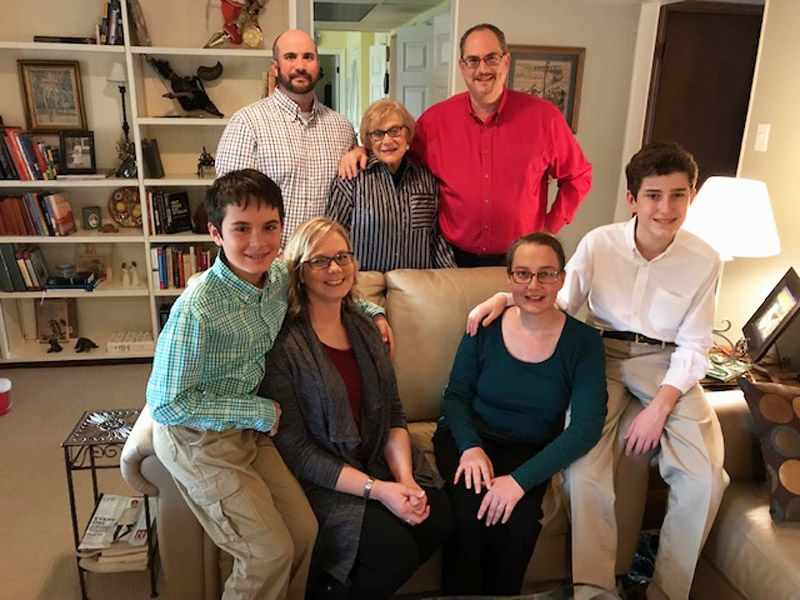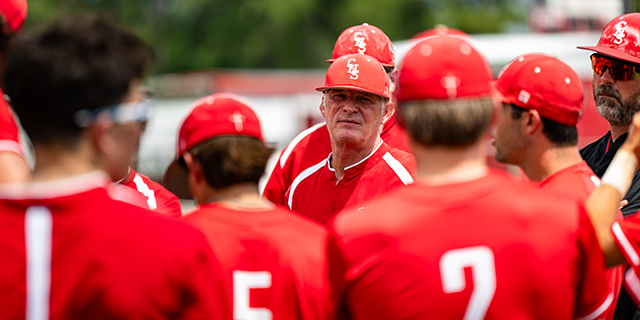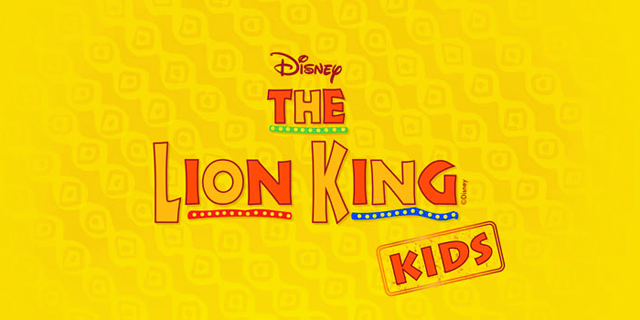Faith & Politics
Published 12:15 am Friday, April 5, 2019

- University of Louisiana at Lafayette Academic Symposium "James Lee Burke and Louisiana Politics" panelist for the 2019 Books Along The Teche Literary Festival are Anthony Wilson, Mary Ann Wilson and Matthew Wilson, mother and sons at a family gathering. The seated front row from left are Anthony's son Lucas Wilson and wife Jeanette Wilson, Matthew's wife Carole Wilson and son Michael Wilson.
Growing up in a household of educators, talking about a variety of issues at the dinner table was the norm for Matthew, Anthony and their mother Mary Ann Wilson. Politics, religion, social issues, literature and sports — especially as a graduate of Louisiana State University and parents teaching at the University of Louisiana at Lafayette. For the first time, two brothers, moderated by their mother, will share the same platform at the University of Louisiana Academic Symposium, part of the Books Along The Teche Literary Festival. They will be discussing politics and literature — and for Matthew Wilson, his added perspective on faith. The event is free from 12:30 to 2:30 p.m. Saturday at the Iberia Parish Main Library. Open to the public, preregistration is encouraged. Visit booksalongthetecheliteraryfestival.com to register for the symposium.
How are you connected to south Louisiana and the subject of James Lee Burke novels?
Trending
I went to high school at ESA (Episcopal School of Acadiana) in Cade and LSU for my undergraduate degree. Duke University for upper graduate. Plus, I was an altar server at St. John in Lafayette. We don’t usually share the same stage with them being in literature and me in political science. Anthony is an associate professor of English at LaGrange College, LaGrange, Georgia, and our mother, (Mary Ann Wilson) is a literary scholar and professor emerita at ULL. She is the resident expert on Burke. I’m director of the Center for Faith and Learning and associate professor of political science at Southern Methodist University in Dallas. I’ve read some of his novels, but really dug deep to prepare for this outlook.
Without going into too much of your panel discussion, can you summarize Burke’s Dave Robicheaux political views?
He’s cynical about politics, and skeptical. He’s a little left with social justice but is an informed Catholic so it makes for interesting discussions.
How do you combine religion and politics as a teacher at SMU?
Political science is very interesting. On a religious quest in the 1990s, religion was a driving factor. Religion inevitably shapes our world of right and wrong. To suggest the society’s political choices don’t revolve around religious values is false. Faith reflects that, it is a significant element, politicized religion.
In the university setting, how do students respond to politics and religion?
Trending
The student base is a wide spectrum, diverse. The students are on average center-right in their beliefs. The faculty tends to be center-left. One of the strengths here is that people can hold their political views and discuss things openly. One of my favorite things about teaching is getting students interesting in political things in ways they haven’t considered. Rather than the cynical approach — don’t have anything to do with politics — is to wake students up to participate. I really like the opportunity to help shape their perspective. I’ve coauthored two books and written one of the chapters in “Pews to Polling Places.” I also edited that, a collection of different national leader perspectives, each had a chapter. It’s published by Georgetown University Press. In 2013, I also wrote a text book.
What else have you written?
My research focuses on public opinion, elections, representation and the role of race and religion in politics, both in the United States and abroad. Of the books I’ve authored, coauthored or edited are “Understanding American Politics” and “Politics and Religion in the United States,” plus dozens of articles and essays.
Have you ever had students enter into politics?
A couple have on the local level, city council and a lot work on (U.S.) Capital Hill including a current intern for the House party leader Steve Scalise from New Orleans.
Does an election year make a difference in how you teach these subjects?
Press gives us great real life examples for discussion and even more in times of Presidential elections.
What are your brother and mother working on?
Anthony has two books about swamps as they influence literature and culture: “Shadow and Shelter: The Swamp in Southern Culture” (2006) and “Swamp: Nature and Culture” (2018). He has written for publications including Oxford Companion to the Literature of the U.S. South and the forthcoming collection “New Orleans: A Literary History” from Cambridge University Press. He has been a fan of James Lee Burke since high school and has penned articles about him for the Dictionary of Literary Biography and for KnowLouisiana.org. Mom will moderate. At ULL she was a Fellow of the Center for Louisiana Studies and held the James D. Wilson Endowed Professorship in Southern Studies. After retiring, she moved to LaGrange, Georgia. The town square boasts a statue of the Marquis de Lafayette. She is presently working on a personal essay titled “A Tale of Two Lafayettes,” chronicling the French revolutionary hero’s role in American and southern history.





